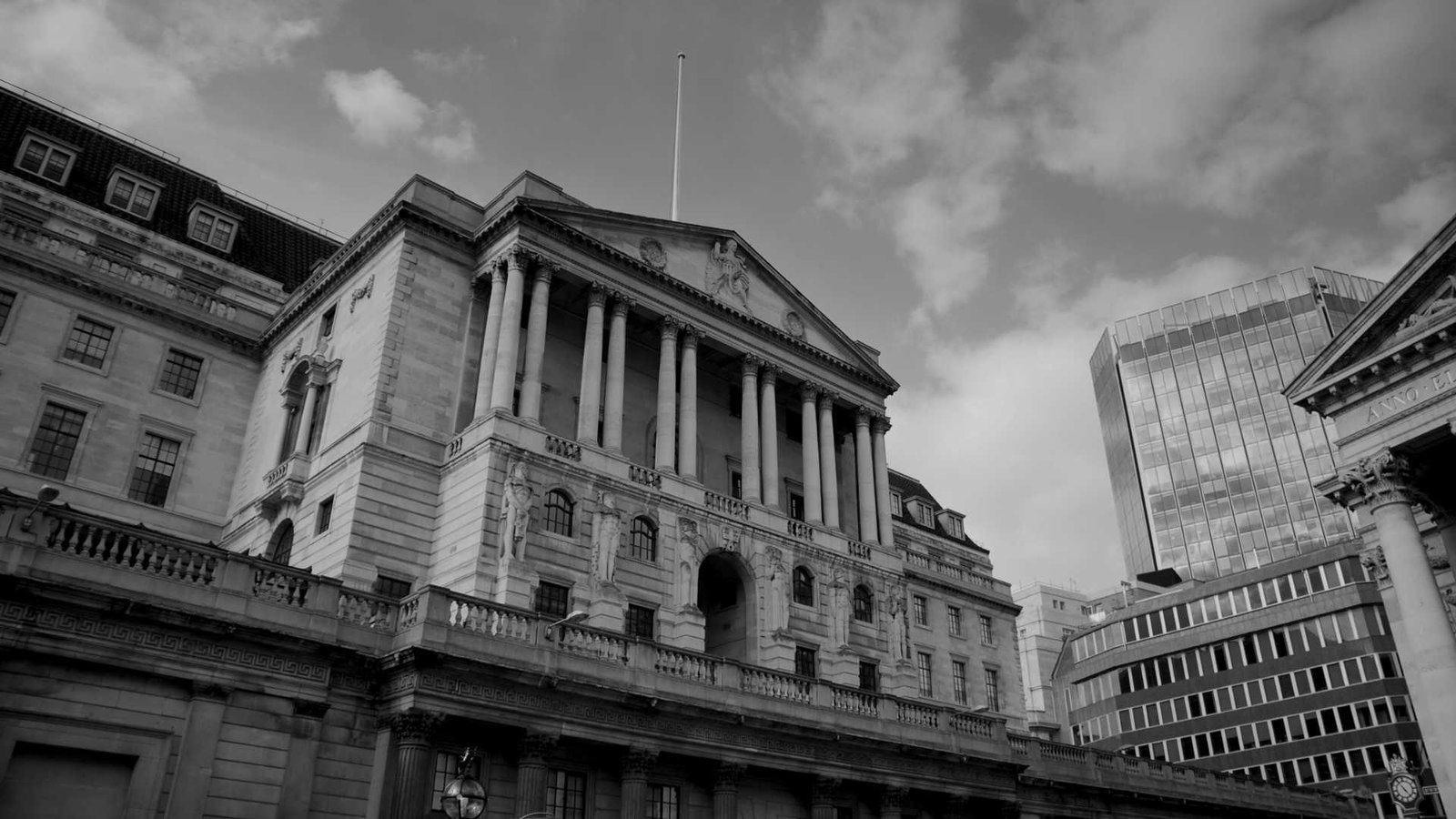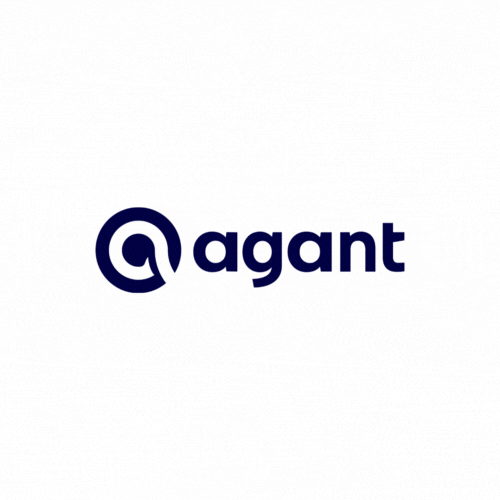Source: Bloomberg
As Chancellor of the Exchequer, Rishi Sunak outlined an ambitious plan to turn the UK into a crypto hub. As prime minister, he’ll be under pressure to deliver on that pledge while at the same time containing an economic crisis.
Crypto executives and investors interviewed by Bloomberg News greeted Sunak’s appointment with cautious optimism. Yet they also said the UK’s political upheaval in recent months has increased the urgency of formulating a comprehensive regulatory regime for the sector.
Sunak took a big step to alleviate the industry’s concerns by appointing John Glen, who was previously de facto czar for digital assets, as chief secretary to the Treasury. Yet jurisdictions from Japan to the EU have firmed up their regulatory regimes over the past few months, putting the UK at a competitive disadvantage.
“This change in leadership could prove crucial in achieving the aspirations which were set out earlier this year around transforming the UK into a globally recognized financial hub,” said Jamie Burke, founder and chief executive of London-based venture capital firm Outlier Ventures. But the government must take a “proactive action to provide effective and timely regulation for the sector” to regain lost ground.
Here are some of the most urgent areas for Sunak to tackle, according to crypto executives:
Regulatory Clarity
Many among the more than half a dozen entrepreneurs, investors and analysts interviewed said mixed messaging from authorities on crypto has hampered Sunak’s ambitions.
In April, on the day that Glen proclaimed the UK was “open for crypto business,” Bank of England Governor Andrew Bailey described digital assets as the new “front line” in criminal scams.
“A lack of clarity makes it difficult for any industry to thrive,” said Marieke Flament, chief executive of the NEAR Foundation, which oversees development on the NEAR protocol. “The UK government has been both proponent and critic of the digital assets industry.”
Faster Registrations
Industry participants are also calling for a faster registration process at the country’s financial watchdog, after some companies left the UK in recent years after failing to meet the Financial Conduct Authority’s standards on anti-money laundering.
“Sunak will need to ensure the FCA has a more agile and pragmatic approach towards crypto regulation,” said Hirander Misra, chief executive of market infrastructure company GMEX Group. “Many companies are getting frustrated in the length of time it takes to get regulatory approvals even if they are established firms with other licenses and as a result are going to other jurisdictions.”
Stablecoins and the Digital Pound
“Regulating stablecoins in a way that won’t hamper their innovative potential or hinder the UK’s competitiveness in this area should be another area of priority,” said Mikkel Morch, chairman of crypto fund ARK36.
New stablecoin rules would form part of the Financial Services and Markets Bill, a sweeping post-Brexit reform of Britain’s financial services industry aimed at boosting the City of London’s competitiveness. The bill, yet to be passed by lawmakers, proposes to regulate certain types of stablecoins as forms of payment.
Another area under scrutiny is developing a digital currency. Sunak announced a joint Treasury-Bank of England task force in 2021 to explore the benefits and risks of a digital pound. Next steps include a consultation by the end of the year to help assess the case for a central bank digital currency, or CBDC.
The introduction of a digital pound would provide a platform for innovation, said Jannah Patchay, Policy Lead for the Digital Pound Foundation. This, in turn, “will ultimately enable the UK to maintain a leading edge in an increasingly competitive global financial markets and fintech landscape,” Patchay added.































































